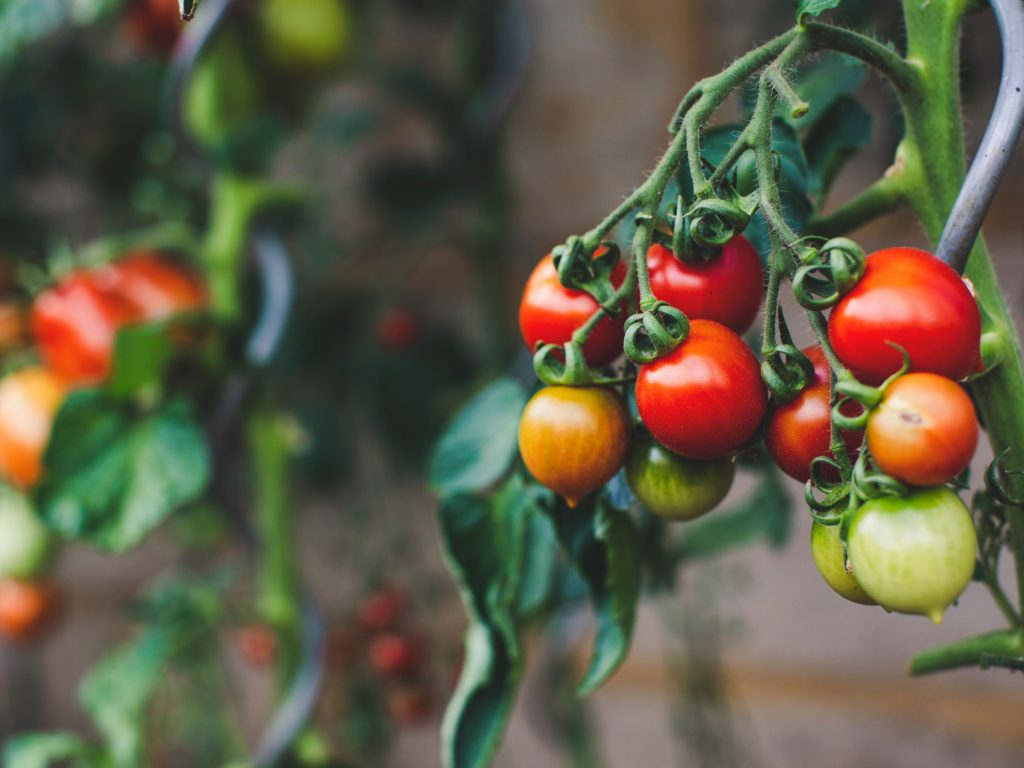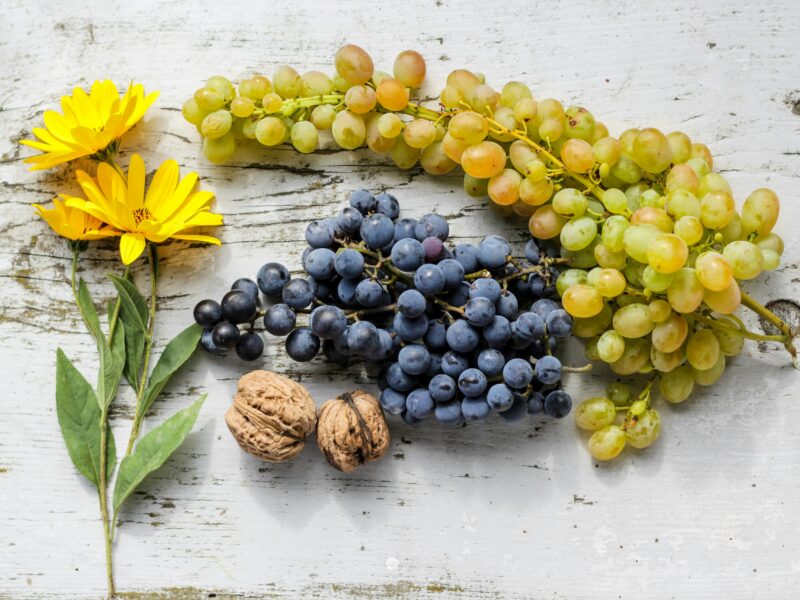As parents get ready to prep breakfast, snacks, and lunches for back-to-school season, “Good Morning America” enlisted an expert to inform shoppers on the produce best bought as organic. Our food choices have a direct effect on the health of our environment and those who grow and harvest what we eat. That’s why food labeled “organic” is the right choice. In addition to serious health questions linked to actual residues of toxic pesticides on the food we eat, our food buying decisions support or reject hazardous agricultural practices, protection of farmworkers and farm families, and stewardship the earth. Cover crops added in-between rows of organic corn while they are still growing can provide a range of benefits that improve a farm’s sustainability and lowers its impact on the surrounding environment, according to a study published in Agronomy Journal by scientists at Pennsylvania State University. “The use of cover crops in organic grain systems has many potential benefits,” says study coauthor Sarah Isbell, PhD. “These include improvements in soil quality, increased nutrient retention, prevention of erosion, and suppression of weeds. In organic systems where synthetic inputs are not used, cover crops can be managed to reduce nitrate leaching through soils and supply nitrogen to cash crops.” As demand for organic products continues to increase, and more and more farmers are embracing the organic mantra of “continuous improvement,” research like the present study is critical to the development of new efficiencies and ecologically sustainable practices. The long-awaited proposal for organic chickens to have access to outdoors, published by the U.S. Department of Agriculture, would eliminate loopholes that have let some of the biggest egg producers claim the federally administered “organic” label by installing open-air porches on henhouses in lieu of providing access to pasture. Meal delivery kits and services come in all different shapes, sizes and dietary accommodations — we know, we’ve tested dozens of them from healthy meal kits to vegan meal services and many more. If you buy organic, you’ll combine the convenience of easy-to-prep meals with top-quality ingredients. According to a non-profit pioneer in organic farming.
6 Best Organic Meal Delivery Services of 2022, According to Dietitians
Meal delivery kits and services come in all different shapes, sizes and dietary accommodations — we know, we’ve tested dozens of them from healthy meal kits to vegan meal services and many more. If you buy organic, you’ll combine the convenience of easy-to-prep meals with top-quality ingredients. According to a non-profit pioneer in organic farming.
https://www.goodhousekeeping.com/food-products/g40735600/best-organic-meal-delivery-services/
Cover Cropping Techniques Increase Organic Farm Sustainability
Cover crops added in-between rows of organic corn while they are still growing can provide a range of benefits that improve a farm’s sustainability and lowers its impact on the surrounding environment, according to a study published in Agronomy Journal by scientists at Pennsylvania State University. “The use of cover crops in organic grain systems has many potential benefits,” says study coauthor Sarah Isbell, PhD. “These include improvements in soil quality, increased nutrient retention, prevention of erosion, and suppression of weeds. In organic systems where synthetic inputs are not used, cover crops can be managed to reduce nitrate leaching through soils and supply nitrogen to cash crops.” As demand for organic products continues to increase, and more and more farmers are embracing the organic mantra of “continuous improvement,” research like the present study is critical to the development of new efficiencies and ecologically sustainable practices.
Biden rule would give organic chickens access to outdoors
The long-awaited proposal for organic chickens to have access to outdoors, published by the U.S. Department of Agriculture, would eliminate loopholes that have let some of the biggest egg producers claim the federally administered “organic” label by installing open-air porches on henhouses in lieu of providing access to pasture.
Eating with a Conscience
Choosing organic food to protect health and the environment. Our food choices have a direct effect on the health of our environment and those who grow and harvest what we eat. That’s why food labeled “organic” is the right choice. In addition to serious health questions linked to actual residues of toxic pesticides on the food we eat, our food buying decisions support or reject hazardous agricultural practices, protection of farmworkers and farm families, and stewardship of the earth.
https://www.beyondpesticides.org/programs/organic-agriculture/eating-with-a-conscience
How to choose which fruits and vegetables to buy organic vs. non-organic
As parents get ready to prep breakfast, snacks and lunches for back-to-school season, “Good Morning America” enlisted an expert to inform shoppers on the produce best bought as organic.
https://abcnews.go.com/GMA/Food/choose-fruits-vegetables-buy-organic-organic/story?id=88188765









